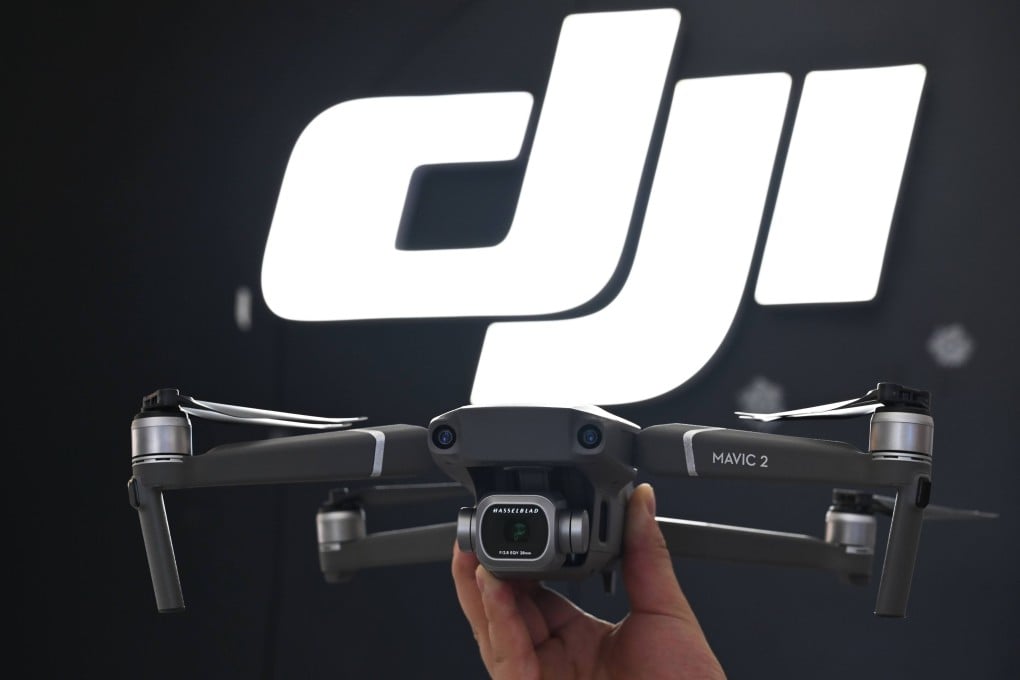Chinese tech firms may follow DJI to cut Russia and Ukraine exposure to minimise political, sanctions risk, experts say
- DJI has temporarily suspended operations in Russia and Ukraine, after being accused that its products were used for military activities in the Ukraine war
- Previous sanctions by the US government have seen DJI’s market share fall to 54 per cent last year from nearly 80 per cent a year earlier

Unlike their Western counterparts, few tech Chinese companies have stepped up to make their positions clear on their Russian businesses partly because the Chinese government officially opposes sanctions imposed by Western countries on Moscow. At the same time, Chinese companies are quietly assessing the risk of “secondary sanctions” if they keep supplying Russia with products that may involve US technologies.
Experts say DJI’s decision to curtail business in both countries might set a precedent for Chinese companies trying to walk a fine line between China’s political push and US sanctions.
Companies do not have to take explicit sides if they withdraw from both Russia and Ukraine, said Jacob Kirkegaard, a senior fellow at the Peterson Institute for International Economics. “I expect many Chinese firms to simply withdraw from both markets, appearing neutral in their approach,” he said.
